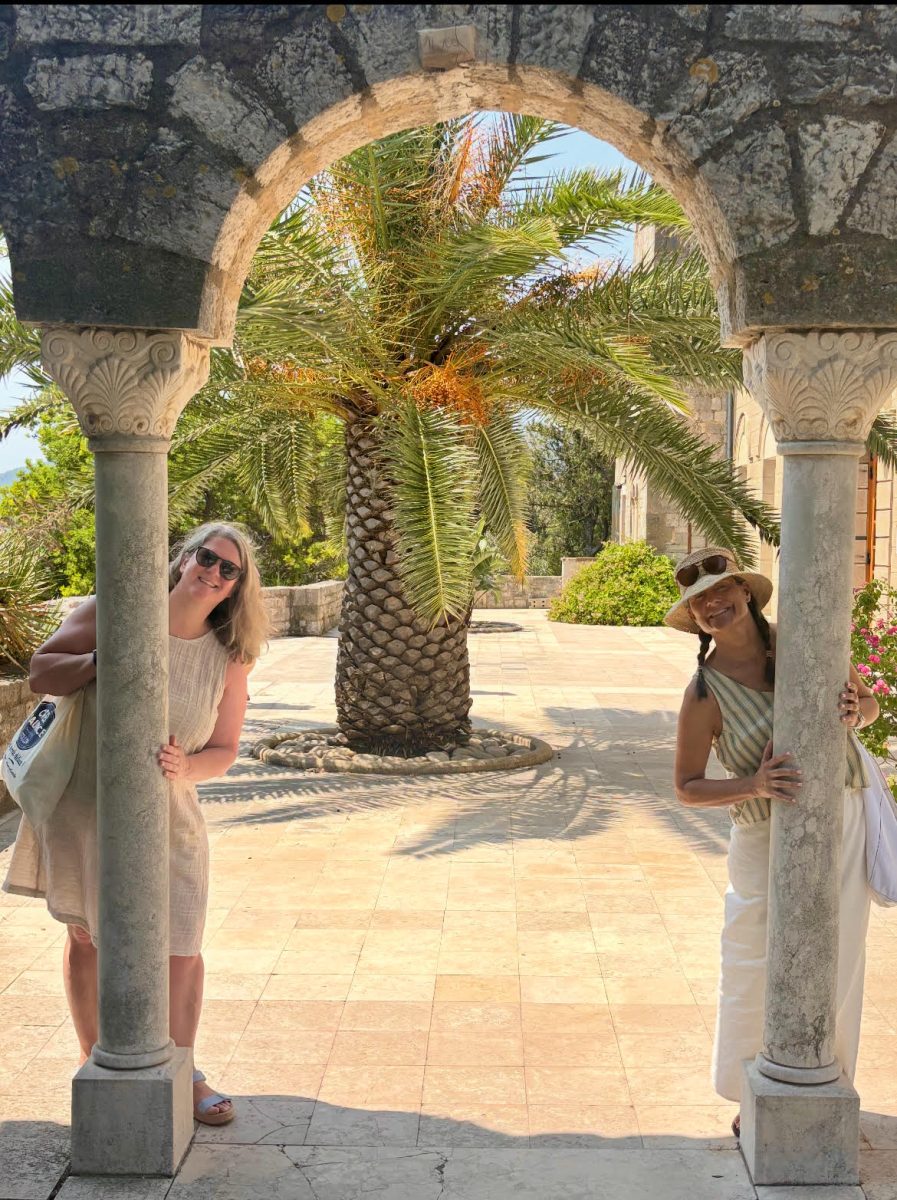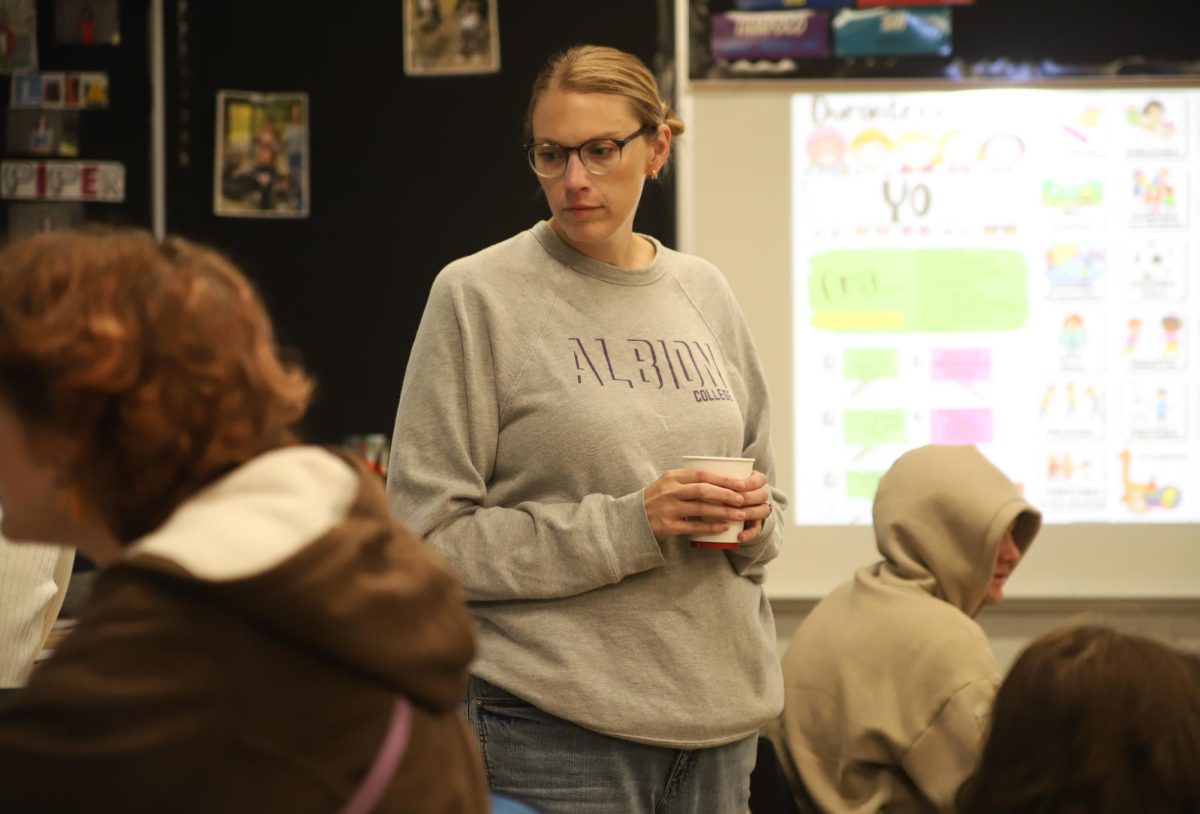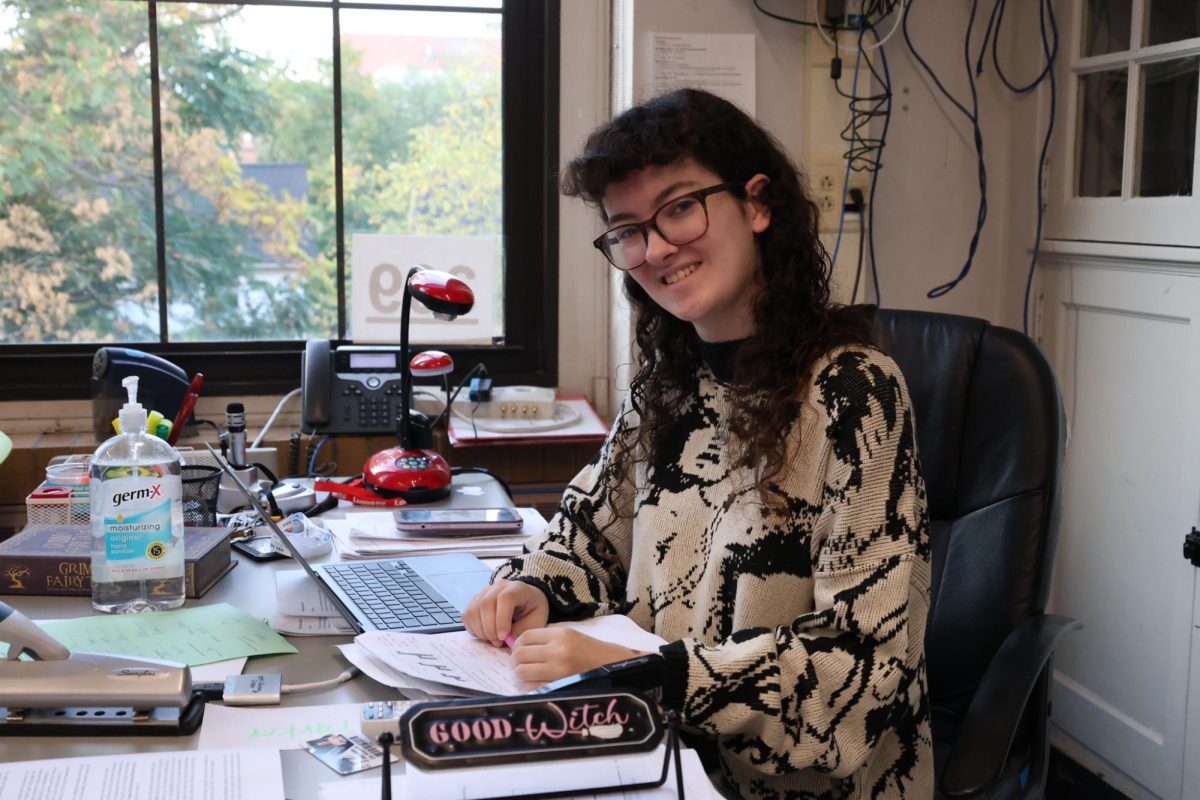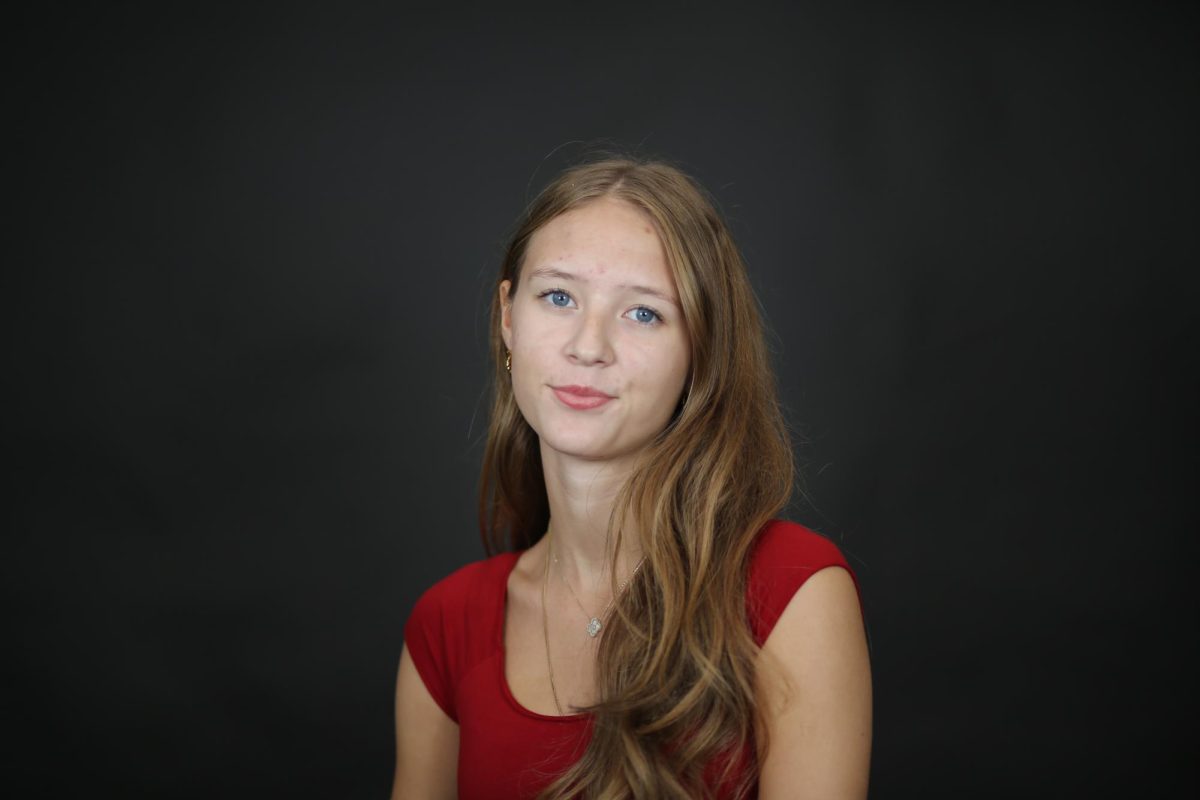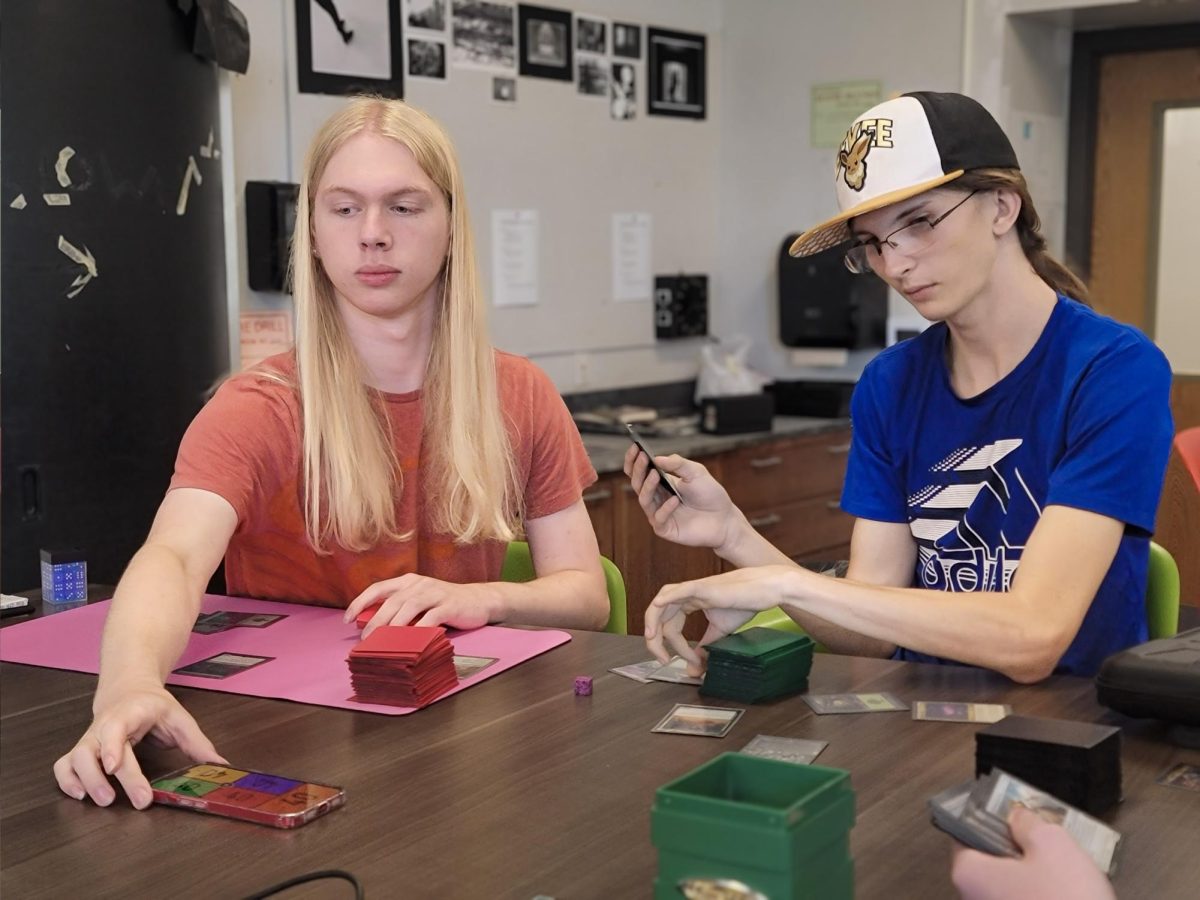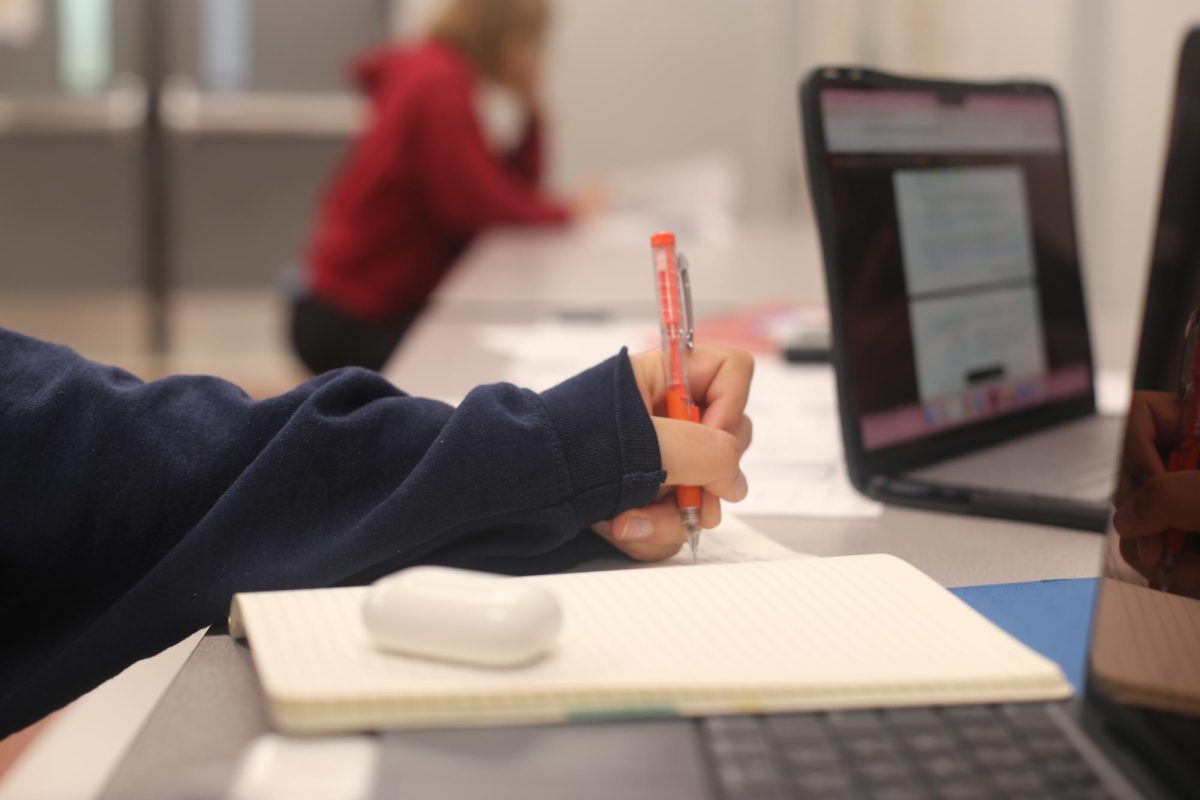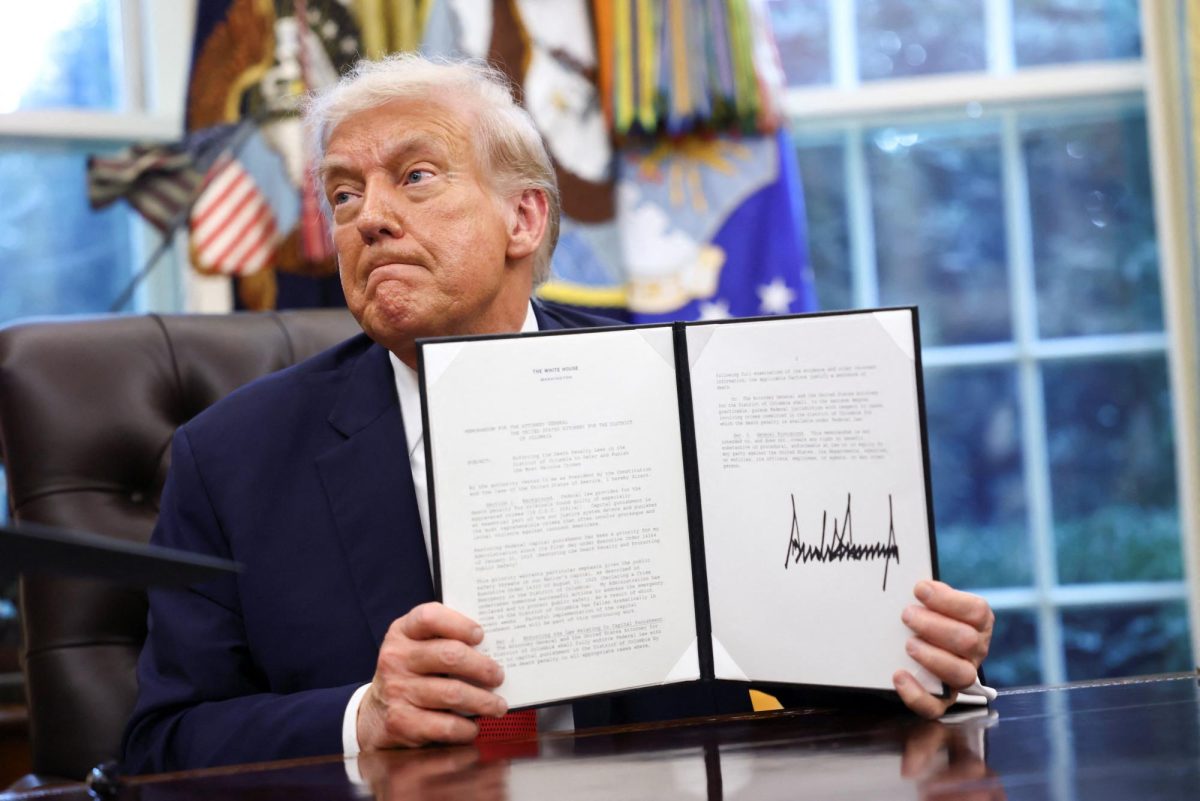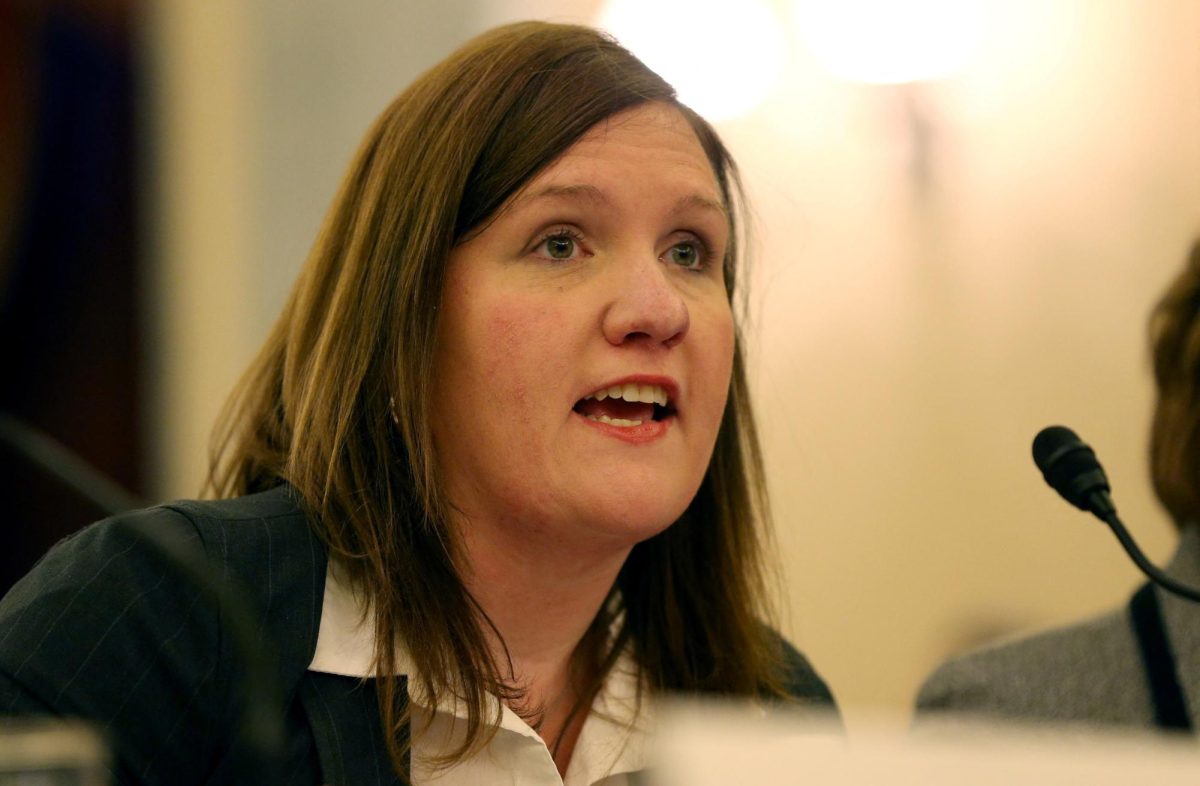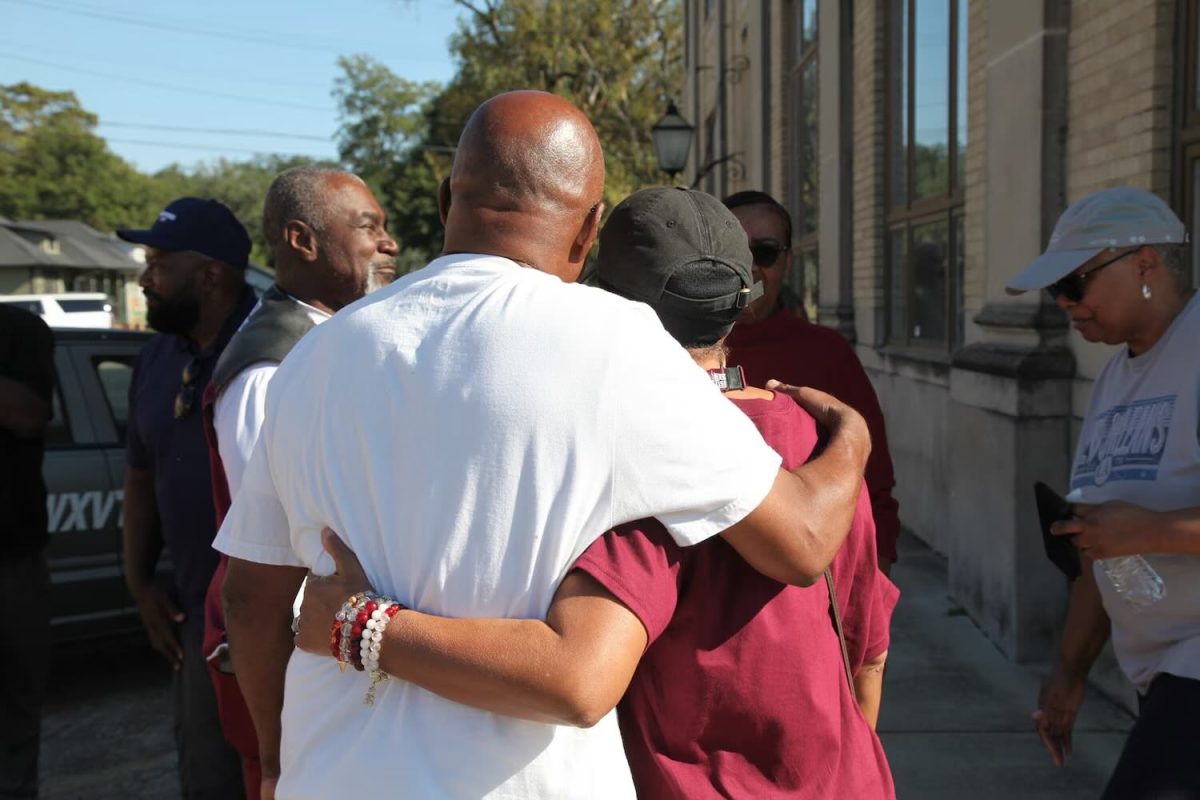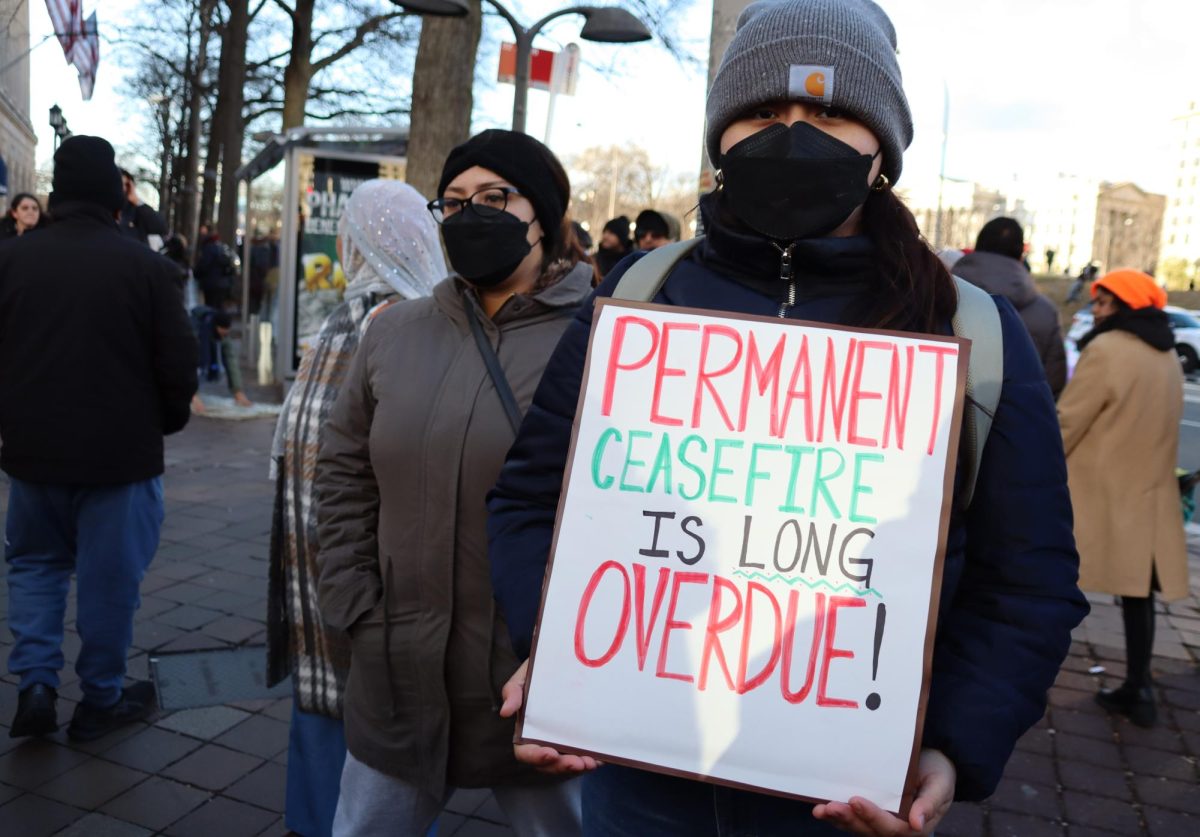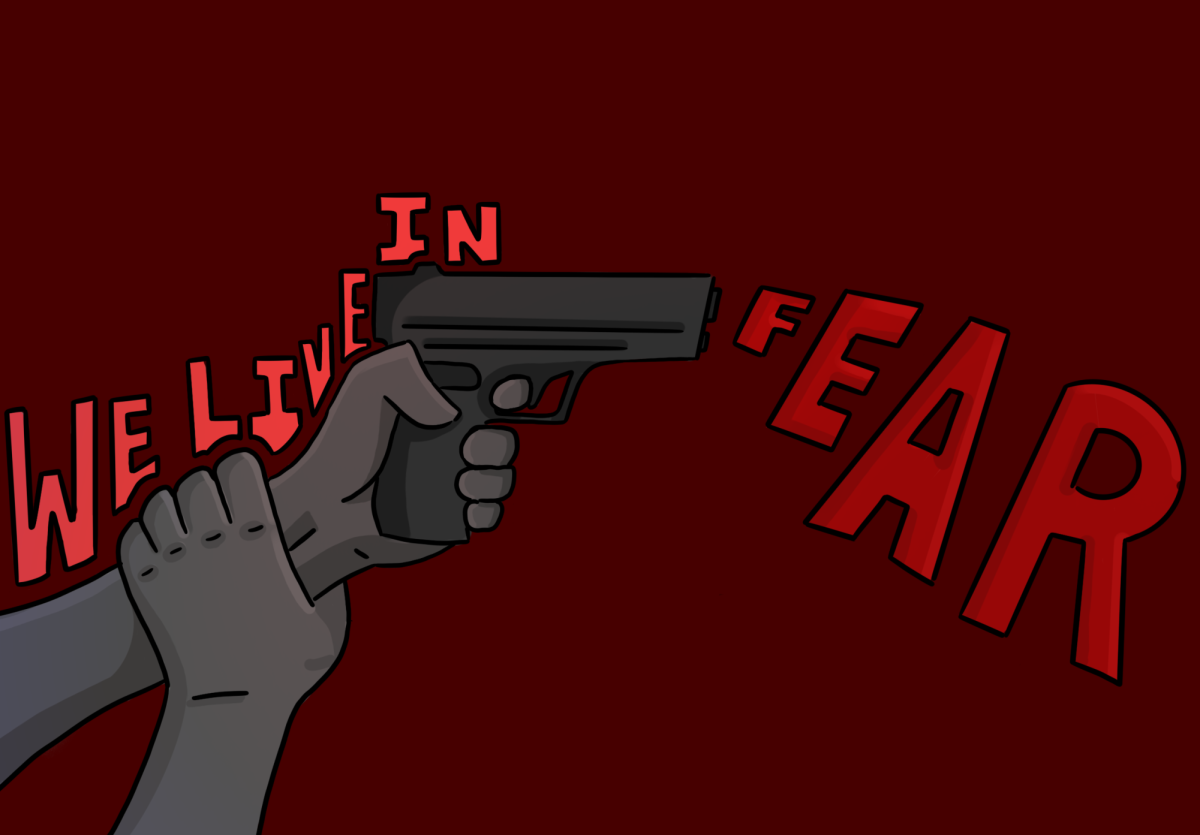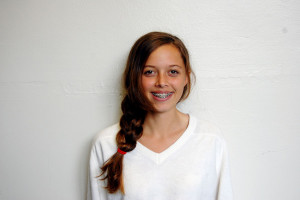In July of 1990, Laura McKee decided to change her life. Leaving all her family and friends behind, McKee set out on a journey to Africa. McKee was one of over 5,000 volunteers for the Peace Corps. An American program run by the United States government, Peace Corps sends Americans to help, teach and learn about other countries outside of America.
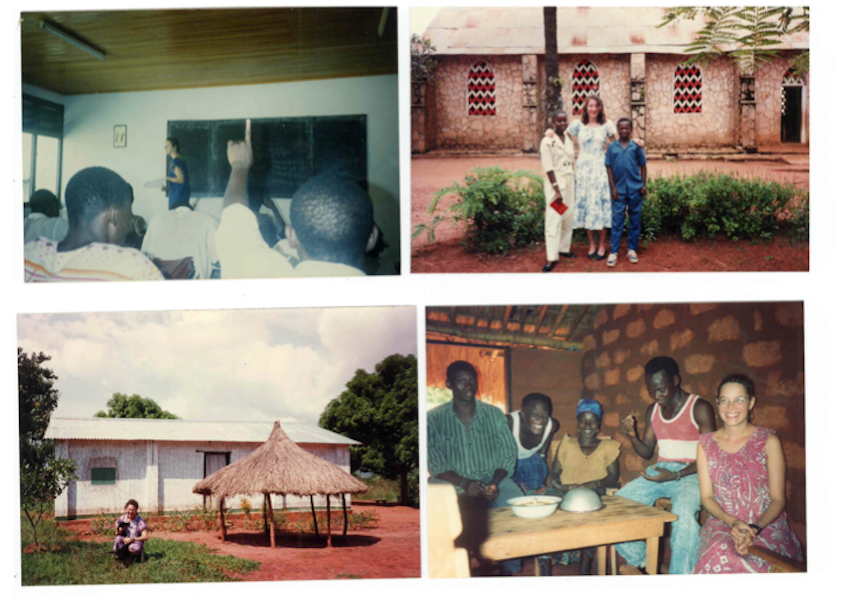
“My main reason [for joining Peace Corps] was to get a little perspective on my goals in life and learn about how other people live…I had lead a pretty linear life up to that point, I was always a good student and went to a good college,” said McKee. For her, everything changed when, on her way back to business school, McKee thought “if I don’t take some time to see what the world is really like, now I may never have the chance to do it, because [the] opportunity cost is never lower.” A student from Benin, West Africa told her about Africa and increased her interest in the continent. McKee learned about the Peace Corps from people she knew who had done it and decided to apply to get the Peace Corps experience.
Before she was placed in the village in Central African Republic (CAR), where she would be stationed for the next 2 years, McKee needed to undergo heavy training. Her first stop was in New Orleans where McKee along with 20 other people began the initial induction training. After the training in New Orleans, the group stopped by Brussels, Belgium; Nairobi, Kenya and Yaoundé, Cameroon. Their next stop was Kigali, Rwanda where they got on a bus and headed to nearby Zaire. In Zaire the volunteers spent six weeks learning French, until they were moved to Bambari, CAR. In Bambari the volunteers began their six weeks of technical training, where they would be student teaching in French.
“We taught kind of a summer school for four weeks and just started writing our lesson plans and teaching our lesson plans and working with the kids, so it was very much a jump right in a start working situation,” said McKee. After the training sessions McKee was sent to Kembi, CAR one of the poorest countries in the world. Although the Peace Corps is no longer sending volunteers there because of rebels, at the time McKee was sent to the President’s village, Kembe.
The Peace Corps has established three goals for volunteers: to help the country they are staying in, to teach the country about Americans, and to help Americans learn about other countries. McKee believes that the out of the three goals the Peace Corps has, the two most important are giving Americans exposure to different countries and exposing other countries to Americans, “I think it helps you respect different cultures, respect your own culture, and see cultural differences more. [It] helps you communicate with people because you really learn that people have different perspectives and in order to communicate with them, you have to think about how things look from their end.”
The most difficult adjustment for McKee was being out of communication. In the village which McKee lived, mail was only received about once a month, “I found this letter for the graduate school program I had been admitted to and it said you need to confirm your placement with a deposit, on this date, you don’t confirm your place with a deposit down, we’re not going to hold a place for you. And the date was a week ago [from when I got the letter],” McKee said laughing. Although she was able to contact her sister in Chicago to fix the mistake, the short phone call she made cost her $80 dollars, “So we didn’t make a lot of phone calls,” said McKee.
Volunteers can apply to the Peace Corps starting at the age 18. At the time she joined Peace Corps, McKee was 24. She feels that going while young really brings the energy to the system. “Well I certainly think when you’re young you’re more adventurous and more open to possibilities…I guess that’s always been an aspect of my personality,” she says. If the opportunity appeared, McKee would still go now, but she feels there is a reason mainly young people are sent, “I think as you get older maybe you get a little bit more cynical and maybe have less hope that things can change. The country where we were stationed was not in great shape when we were there but it’s actually in worse shape now, which really makes me sad.”
McKee believes that doing Peace Corps and going to Africa is one of those life experiences that affects and forms who you are today, “Until you take yourself out of the environment that you are familiar with and that you grow up with, you don’t really realize how much you’re formed by your environment, how much your perception, your understanding of how things work is based on your experience. When you go someplace where you know know things are just very different and their experiences are different and the way they think about things is just very different, you realize what your own values are, and where you come from and you know how lucky we are to be Americans.” Through the ups and downs, she has come out of Peace Corps a better person. McKee said, “I think Africa changed me a lot more then I changed Africa. It teaches you to be flexible, and also teaches persistence, and teaches you to really be grateful for the resources and opportunities you have.”
If you want to read more on Peace Corps, click here.




